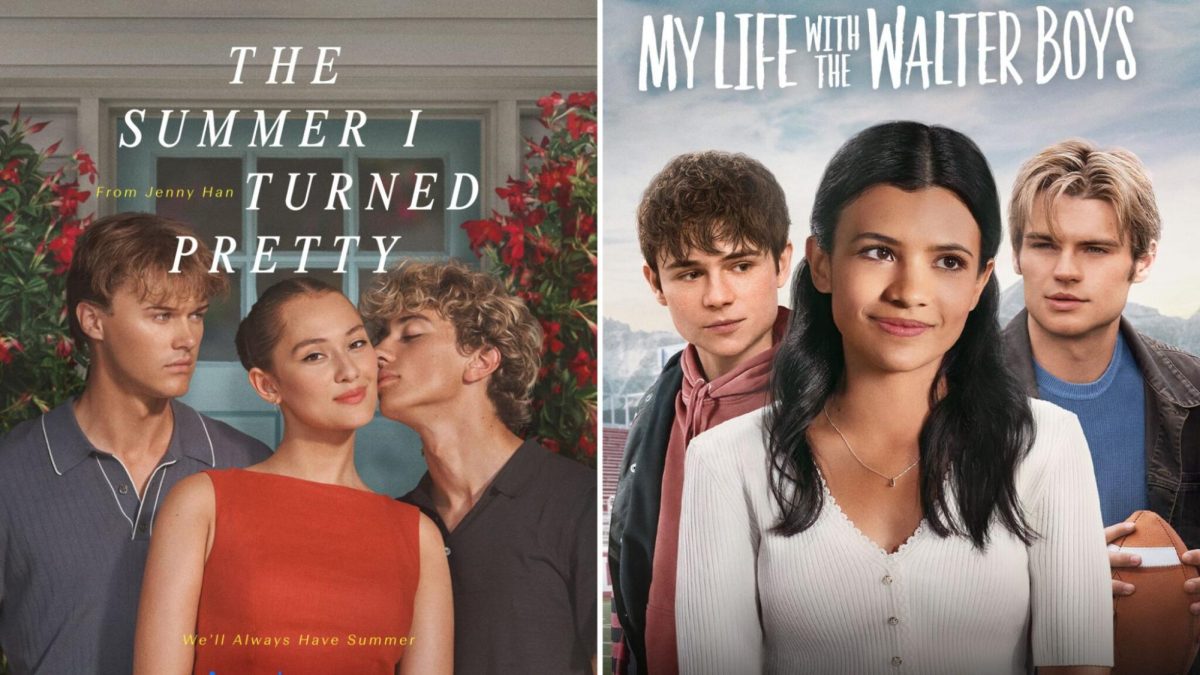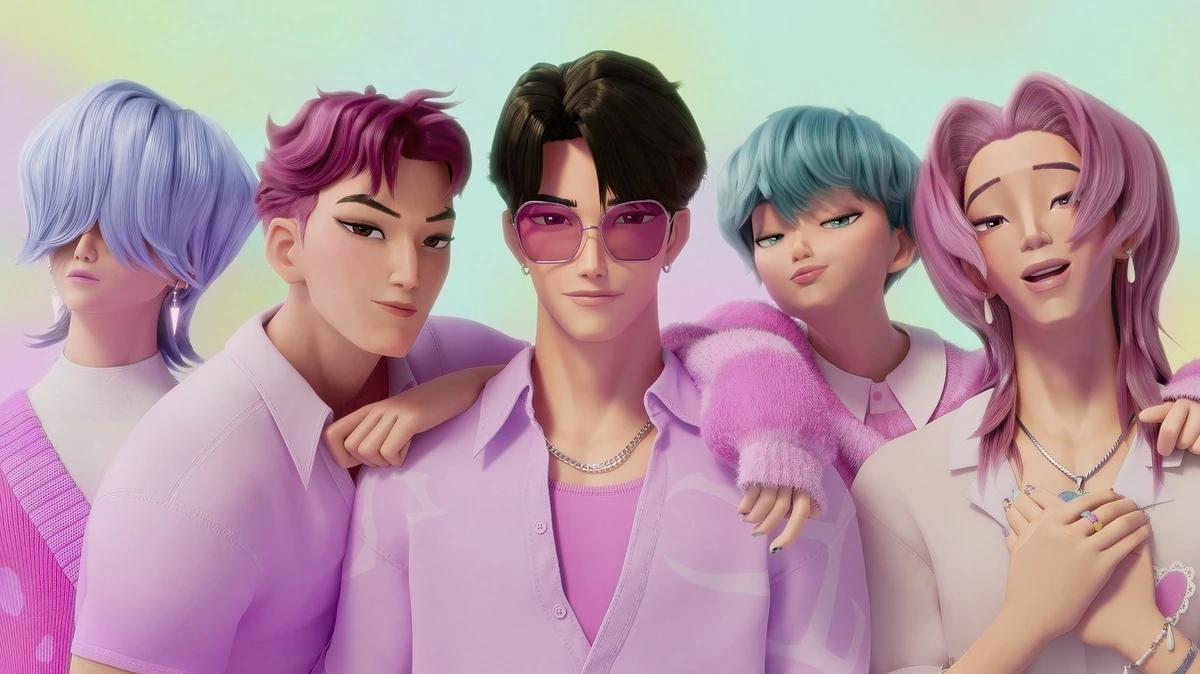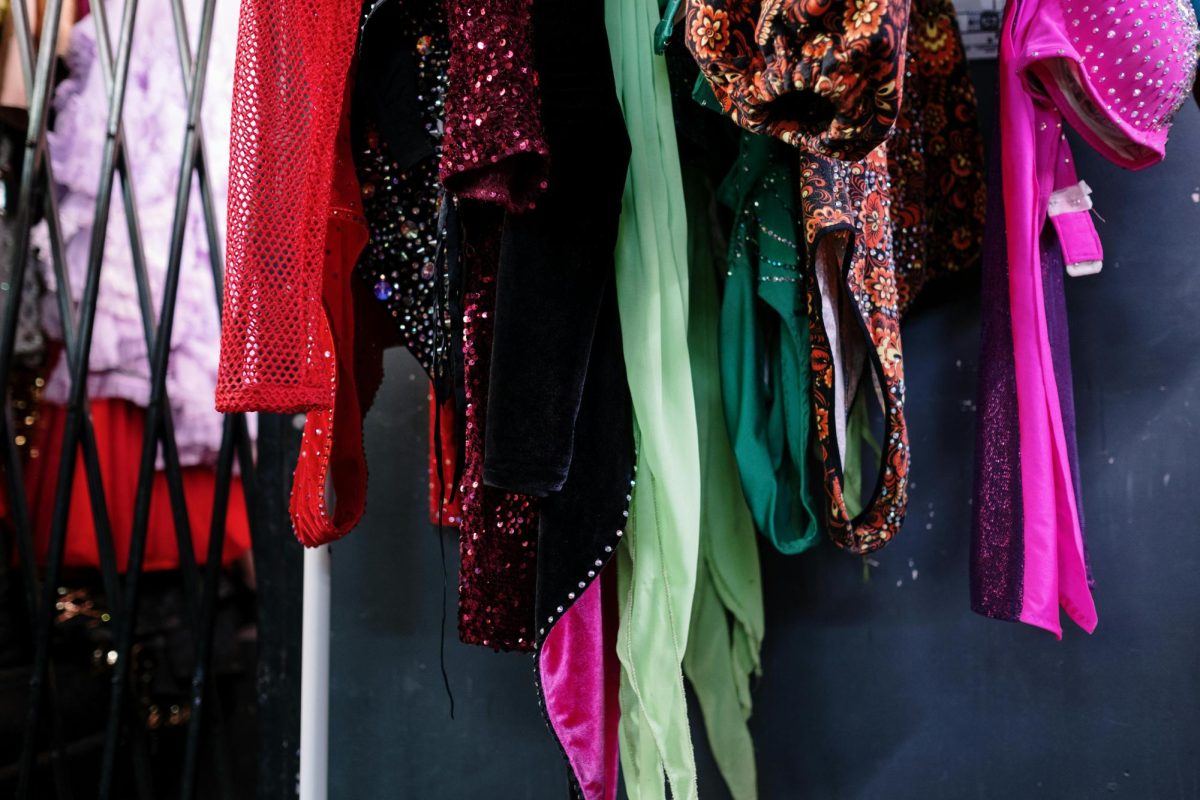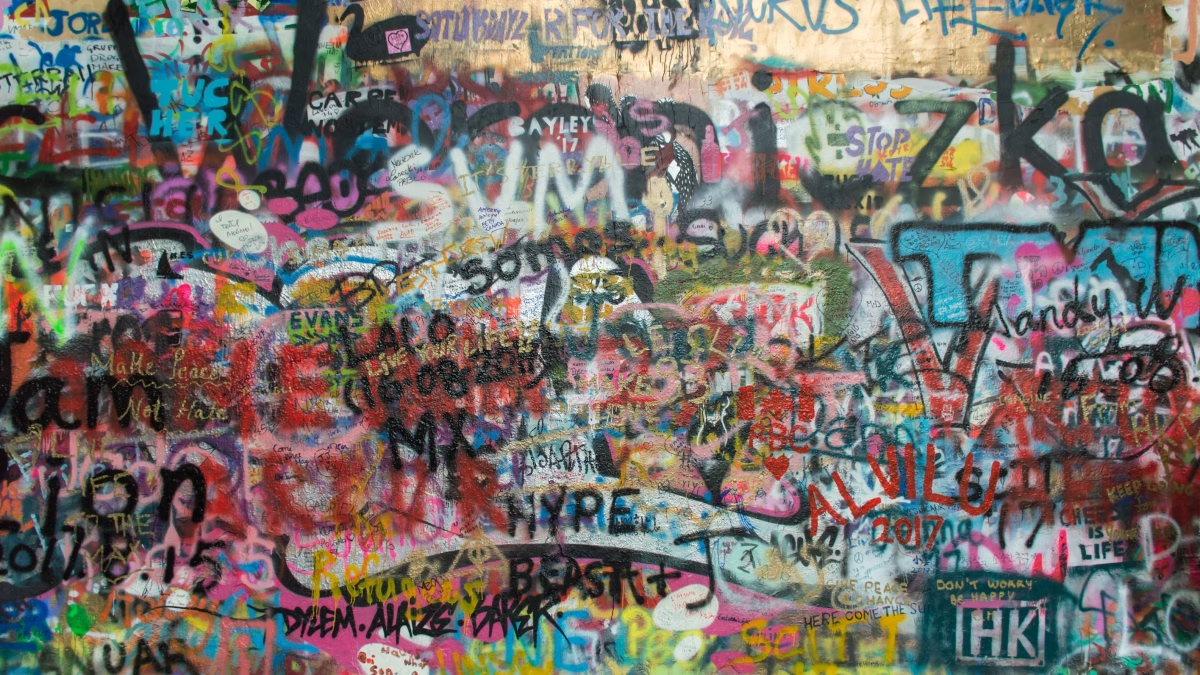Getting signed to a record label is often one of the most significant milestones in a musical artist’s life — the jumping off point to what every label hopes will be a long and successful career. It also signifies to the music industry that an executive is willing to give an artist a chance based on the potential seen in their vocals, songwriting or performance quality.
Record labels play a crucial role in various ways, not only handling promotion and funding, but they also connect artists to co-writers and producers, and can single-handedly determine the trajectory of an artist’s career. While it is possible to pursue a career as an artist independently, it is often much more difficult for artists to reach their full potential and gain attention without proper support.
Many artists get signed as young as 12 years old — like in the case of pop singer Madison Beer, who was signed to Island Records by Scooter Braun.
Scooter Braun is one of the music industry’s most infamous executives, credited with discovering artists such as Justin Bieber, Ariana Grande, Kanye West and The Kid LAROI. With these massive names under his belt, he is often seen as a symbol of how powerful record labels are — to the point that artists are commonly willing to endure poor treatment just for the potential positives.
In the case of Beer — now 26 and signed to Epic Records — she was dropped by Braun’s label at the age of just 16 after private images of her were leaked, despite having uprooted her and her family’s entire lives for the label’s sake.
Other artists under his management, such as Ariana Grande and Justin Bieber, left under less severe reasons. However, some fans speculate that the relationship between the executive and his artists was strained, especially considering that Bieber has blocked Braun on social media.
When an artist owns their own masters, it gives them the ownership to copyright and provides them full control over how their music and overall profit can be used. However, most artists do not have control of their masters — because record labels invest so much in each individual artist, the monetary return cannot be guaranteed without ownership of masters.
The lack of ownership that many artists have over their music further amplifies the power imbalance and subsequent divide between a record label and its artists. Additionally, if an artist is unable to earn back the money that their label has spent on them through profits, they often have to pay out of their own pocket, resulting in many artists becoming indebted to their labels.
Said one Reddit user, “Simon Cowell’s label [is the worst]. So many badly produced records and overworked people. It’s the label that treats singers from reality shows like they’re toys that you dispose of once the new ones come along or once the shine wears off after they’ve been overworked and had all their creativity squeezed out of them.”
Simon Cowell is most famous for signing boy band One Direction to his label Model Management, after banding them together in 2010 through the “X Factor.” The X Factor was a reality singing competition hosted by Simon Cowell, where winners earn a record deal with Syco Music. The extremely successful group consisted of Niall Horan, Zayn Malik, Liam Payne, Harry Styles and Louis Tomlinson. Although — like most other artists — the members of One Direction did not own their masters, Cowell allowed them ownership of their band name. Owning the trademark to a band name allows the artists to make merch with said name, control social media domains and have power over how the name is used and licensed.
However, stated Cowell in an interview with “The Diary of a CEO” podcast, “One thing I regret, I should’ve kept the name. […] I should’ve owned the name.”
If Cowell did own their name, he could have legally required them to continuously tour and perform shows. It is widely known that Cowell played a major role in the band’s eventual breakup — former member Payne has spoken up about how they were often locked in their hotel rooms, not allowed to speak to each other outside of appearances and threatened with physical violence.
The strained relationship between artists and their labels dates all the way back to the era of artists like Michael Jackson and Prince. Both had public disputes with their record labels, accusing their respective executives of racism and lack of proper payment.
However, in the case of pop star Chappell Roan, finding the right record label changed the trajectory of her career, launching her into the public eye. Roan has achieved enormous success, now breaking records such as having the largest Lollapalooza crowd in the history of the entire music festival. Originally signed to Island Records in 2015, Roan debuted singles and albums with little success, due to minimal promotion from her label. In 2020, Roan released one of her current most popular songs, “Pink Pony Club.” However, at the time, the song garnered almost no traction, and eventually Roan got dropped by Island Records that same year.
Despite the rocky start to her music career, Roan persevered, continuing to write songs independently of any label. In 2023, Dan Nigro, famously known for also producing singer Olivia Rodrigo’s music, started his own label in order to sign Roan. The label, Amusement Records, allowed her more creative freedom, and with proper support, Roan’s music has skyrocketed to the top of global music charts.
Restriction of creative freedom, in addition to lengthy and limiting contracts, are just a few of many ways labels take advantage of their artists. Before signing with a label, it is vital that artists of all ages receive proper education and understanding of their contracts, in order to prevent potentially career-damaging ramifications.










